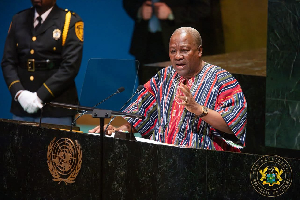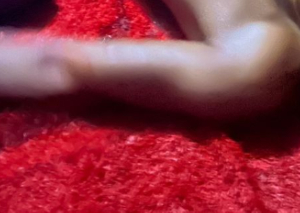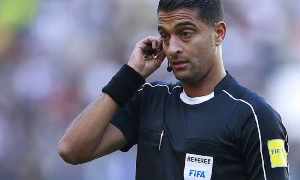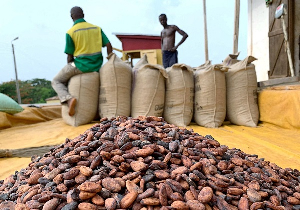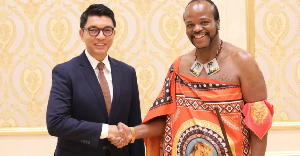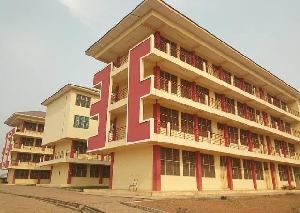As happens in Ghana nowadays we start or end every week by the peddling of some flimsy story planted by either a newspaper or a news website. The whole week or weekend is then expended on discussing its ramifications. The discussions may themselves spin other news which then gives traction to the original story.
Like other Ghanaians living in the Diaspora I do monitor news bulletins and websites to hopefully read something encouraging about our motherland. I must confess I am almost always left frustrated that nothing much by way of quality discussions, that would advance our country, happens to be taking place.
One of such typical weeks was last week when a story originating from the Despatch appeared on the Peace FM website (24/09/2010) headlined: ‘Africa’s 50 Icons: Rawlings In, Kuffuor Out’. As usual this story developed wings and as part of its trajectory, the office of President Kuffuor saw it fit to comment on it. A number of radio stations picked it up and by the Saturday, many were those supporters of President Rawlings who were rejoicing. Even today (30/09/2010), as I write, there another story on the Peace Fm website headlined: ‘NDC congratulates iconic founder Rawlings’ showing that there is still some mileage left in the original story.
I did not, however, accept this story on its face value. I was intrigued by a line that stated that the ‘icons’ had been selected ‘after much heated debate’. I therefore decided to carry out some investigations into how this list of African icons was compiled. I asked myself this question: was the list as a result of a poll; and if it was, how could it also have been the result of much heated debate? My investigation was at the end of the day very simple. I sent an email to BBC’s Focus on Africa Magazine requesting information on the method they used to arrive at the names on the list. I wanted to know whether it was an open-ended list of names submitted by their readers or that their readers had to choose from a shortlist.
I reproduce below the response that I received back from ‘Focus on Africa’ Magazine:
Dear Dr Ohemeng
Thank you for your message to Focus on Africa magazine. We appreciate that our list of 50 African icons may have caused a stir in Ghana, but we did state on the top of the list that it was a list polled by our own BBC African Service staffers. This is obviously not a definitive list and in fact we have asked our readers (on page 58 of the latest issue), to send in their icon list, via email or on our online forum (bbc.co.uk/focusonafricamagazine). Once we have collated all the names, we are aiming to produce a pullout poster of the top 50, as selected by our readers.
I hope this explains our methods.
Kind regards
Alison
Alison Kingsley-Hall
Managing Editor, BBC Focus on Africa magazine
Tel:+44-(0)20 7557 2906
Fax: +44-(0)20 7379 0519
By the response above, the so called poll that named the 50 icons did not in any way represent what Africans think – it was just a poll of the Focus on Africa staffers, how many of them there are, no one knows. A properly conducted poll would find a scientific way of creating a sampling frame from which a representative sample can then be chosen to minimise bias. In this case the poll may well have been a very small and unrepresentative sample whose views may be skewed. Whilst I think that each of the Ghanaians named deserve some mention because of the role (either good or bad) they have played in our history, there is no basis for the screaming headlines from the Despatch. By crafting the headline ‘Rawlings in, Kuffuor out’ they were only trying to be mischievous and nothing more.
Dr Yaw Ohemeng
Manchester, UK
Opinions of Saturday, 2 October 2010
Columnist: Ohemeng, Frank Yaw
Rawlings’ Iconic status was just a poll of ‘Focus on Africa’ Staffers!
Entertainment
